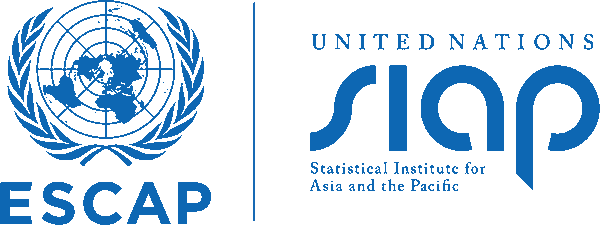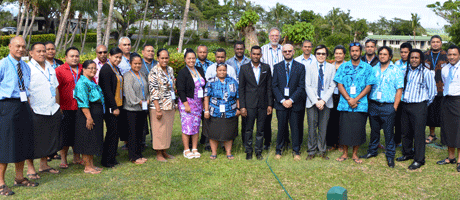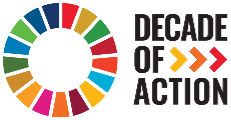
Training Programme on the System of Environmental-Economic Accounting (SEEA) for Asia Pacific Small Island Developing States
In person

14 to 16 September 2016
Nadi , Fiji
1. No Poverty
2. Zero Hunger
7. Affordable and Clean Energy
12. Responsible Consumption and Production
13. Climate Action
15. Life On Land
Overview
UNESCAP organised a Training Programme on the System of Environmental-Economic Accounting (SEEA) for Asia Pacific Small Island Developing States (SIDS) in Nadi from 14-16 September 2016. Participants in attendance were from statistics offices and line ministries/ departments representing: Cook Islands, Fiji, Kiribati, Republic of Marshall Islands, Federated States of Micronesia, Palau, Papua New Guinea, Samoa, Solomon Islands, Tonga, Tuvalu, and Vanuatu. Resource persons from the Pacific Islands Forum Secretariat and Statistics Department of UNDESA also participated.

UNESCAP organised a Training Programme on the System of Environmental-Economic Accounting (SEEA) for Asia Pacific Small Island Developing States (SIDS) in Nadi from 14-16 September 2016. Participants in attendance were from statistics offices and line ministries/ departments representing: Cook Islands, Fiji, Kiribati, Republic of Marshall Islands, Federated States of Micronesia, Palau, Papua New Guinea, Samoa, Solomon Islands, Tonga, Tuvalu, and Vanuatu. Resource persons from the Pacific Islands Forum Secretariat and Statistics Department of UNDESA also participated.
This training programme was another milestone in cooperation efforts towards the implementation and achievement of sustainable development, by focusing on capacity building for strengthening environment statistics, in particular through the SEEA Central Framework.
The outcome document of the Rio+20 Conference which mandated setting of the sustainable development goals (SDGs), reconfirmed that “integrated social, economic and environmental data and information … is important to decision-making processes”. Evidence based sustainable development policies rely on availability of environmental, social and economic statistics. Better measurement of environmental resources will also assist in monitoring and evaluating relevant national development goals and international initiatives, including the SDGs and the SAMOA Pathway for SIDS.
Mindful of existing capacity and institutional challenges, and status of environment statistics compilation in Asia-Pacific SIDS, the training programme aimed to:
(i) Enhance understanding of basic concepts and applications of the SEEA Central Framework, as well as, data requirements in the compilation of water, waste and energy accounts;
(ii) Facilitate experience sharing among countries present; and
(iii) Identify country plans for the SEEA implementation, while noting the opportunities for cooperation.
| Course Materials | |
|---|---|
| Introduction to the System of Environmental-Economic Accounting (SEEA) | |
| The need for Integrated Statistics | |
| SNA to SEEA | |
| Physical Flows Energy Exercise | |
| Physical Flows Energy Exercise Template Solution | |
| Physical Flows Emissions Exercise | |
| System of Environmental-Economic Accounting Energy | |
| Physical Flows Energy Exercise | |
| Physical Flow Accounting | |
| Physical Flows Emissions Exercise | |
| Solution Physical Flows Emissions Exercise | |
| Solid Waste Accounting | |
| Solid Waste Account Exercise | |
| Water Account: System of Environmental-Economic Accounting Central Framework (SEEA-CF) | |
| SEEA Water Account Exercises | |
| Environment Statistics: Status and opportunities for Asia & the Pacific | |
| Environment Statistics (ESCAP) | |
| Implementation Diagnostic Tool | |
| National Accounts SEEA | |
| Exercise | |
| Country Presentations | |
|---|---|
| Cook Islands | |
| Fiji | |
| Federated States of Micronesia | |
| Kiribati | |
| Marshall Islands | |
| Palau | |
| Papua New Guinea | |
| Samoa | |
| Solomon Islands | |
| Tonga | |
| Tuvalu | |
| Vanuatu | |
